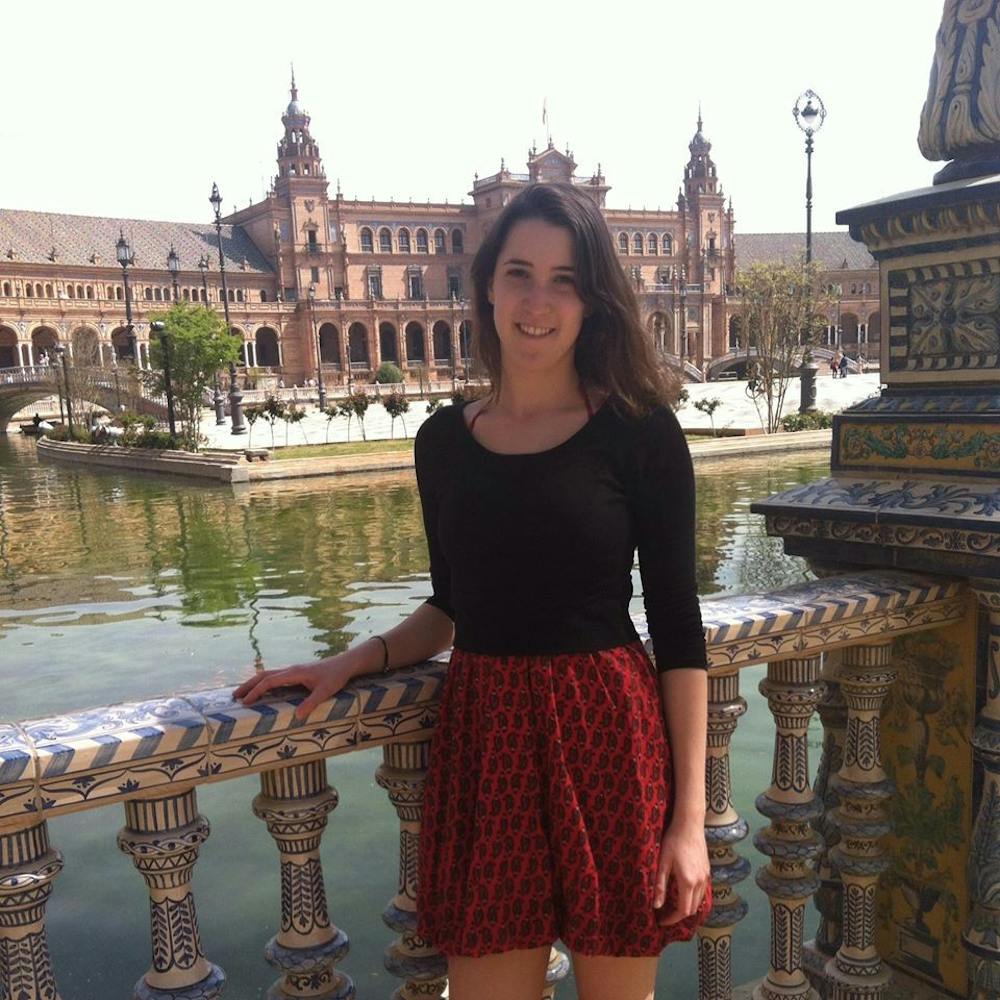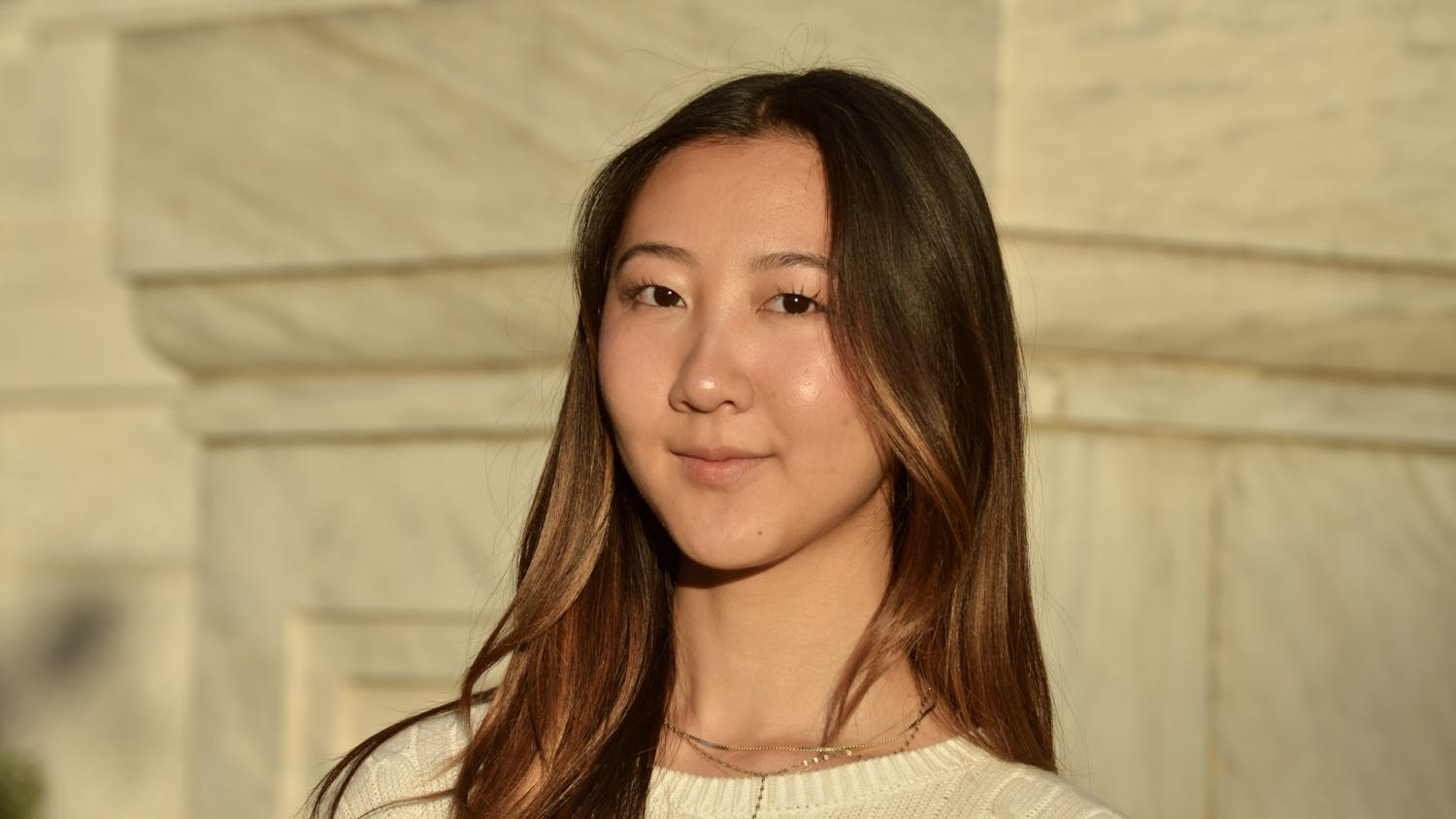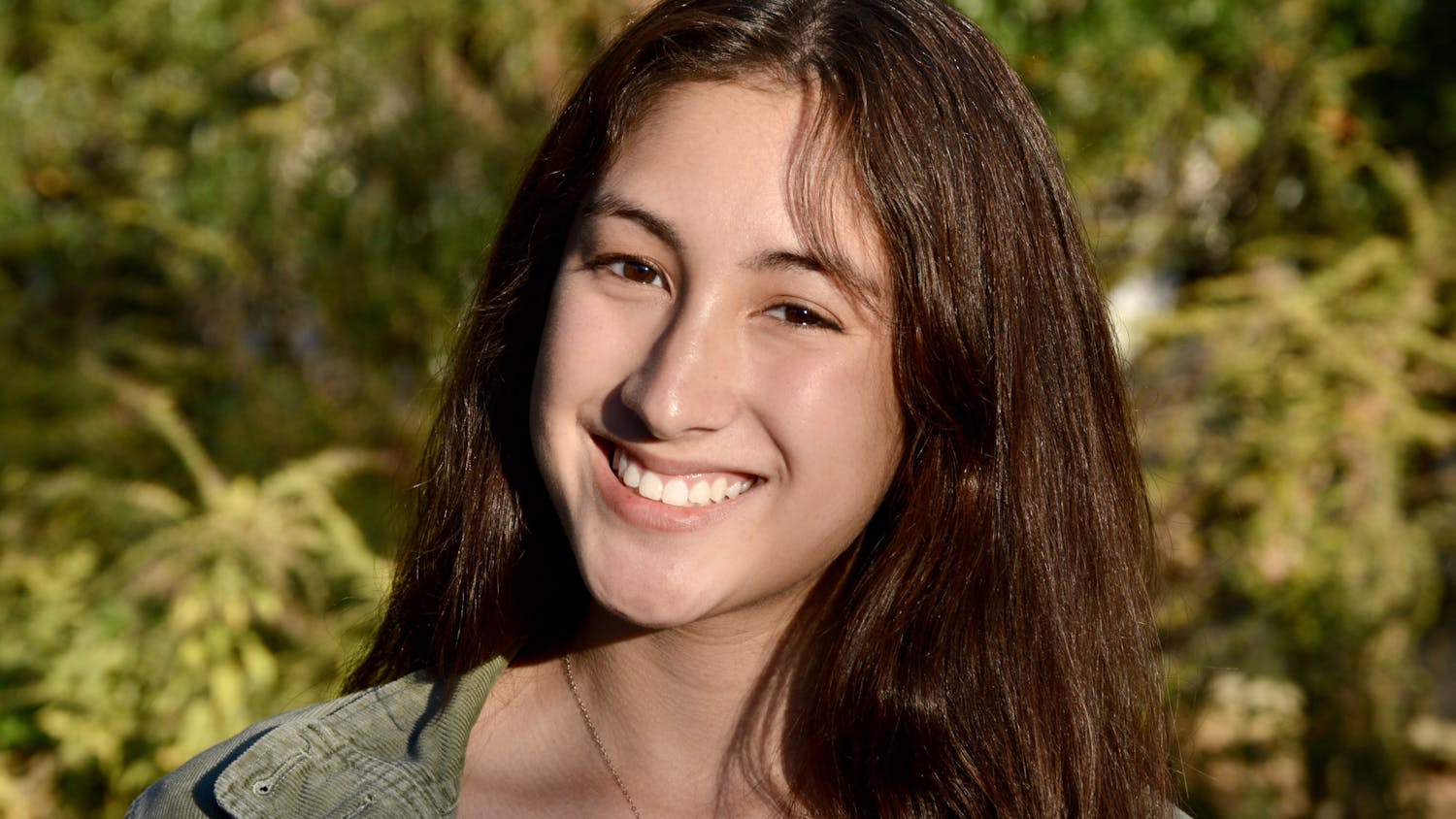Science is an extremely powerful tool. Every day, without batting an eyelash, we witness the ways science has improved the world all around us through technology, medical expertise, green environmental initiatives and so much more.
However, scientific advancement would mean little to us if scientists were not willing to share their research and breakthroughs with others. Positive global change cannot occur if one nation’s work is kept a secret.
The process of collaboration in science among societies and nations in order to solve problems and build international relations is called science diplomacy, and it is pivotal to bettering and protecting our increasingly globalized world.
Science serves humanity. Openly sharing and building upon scientific knowledge has bettered the global community, and keeping the gates of communication open when it comes to scientific discovery will continue to help people. Developing countries can be greatly served by implementing specialized technologies from other nations to better their agriculture, industrial systems and education. The potential for growth and betterment using science and technology is immense, but largely untapped in developing nations who arguably need technology the most to build their economies and keep people well.
Today, we have the tools and the brains to see the total eradication of malaria within our generation, an idea that would seem unimaginable just a few decades ago. This public health feat is possible because of scientific diplomacy through cooperative efforts with scientists and disease control experts across the globe. The World Health Organization has had a huge hand in the fight towards malaria eradication, offering technical support to affected countries and providing a package of tools for preventing, diagnosing, and treating malaria. In the last ten years, the United Arab Emirates, Morocco, Turkmenistan, Armenia, and the Maldives have all become malaria-free.
Science is a universal language; it does not discriminate against political or ideological identities, lending itself well to discussion of foreign policy and international relations. Scientific diplomats bridge the gap between countries in order to work together on pressing issues, like disease vaccinations. For example, Cuban and US scientists have been working together since 2014 to fight tropical infectious diseases. International cooperation like this requires a team of people who can communicate well between nations, are educated on infectious diseases and understand cross-cultural awareness.
Many organizations exist to strengthen scientific relationships throughout the world. The American Association for the Advancement of Science, the largest scientific organization in the world, is dedicated to improving scientific communication and strengthening the voices of scientists worldwide. They have a Center for Science Diplomacy that works to build bridges between nations for scientific cooperation and collaboration. The Center’s journal, Science and Diplomacy, provides a place for open policy discussion amongst scientists.
Increased attention to the field of scientific diplomacy means that working in science does not necessarily mean working in a lab or health facility. Scientists with interest in foreign policy and cross cultural expertise are much needed voices. The most pressing conflicts of our time - climate change, food and water availability, energy and cyber security, global health - do not take into account national borderlines. Scientific diplomacy is crucial to addressing these conflicts. It’s like the old saying, “two heads are better than one.” One nation cannot solve the world’s problems alone. Cooperation and collaboration is what moves science forward and helps better our global society.
Olivia Richter is a junior in the College of Arts and Sciences and a columnist for The Eagle.





